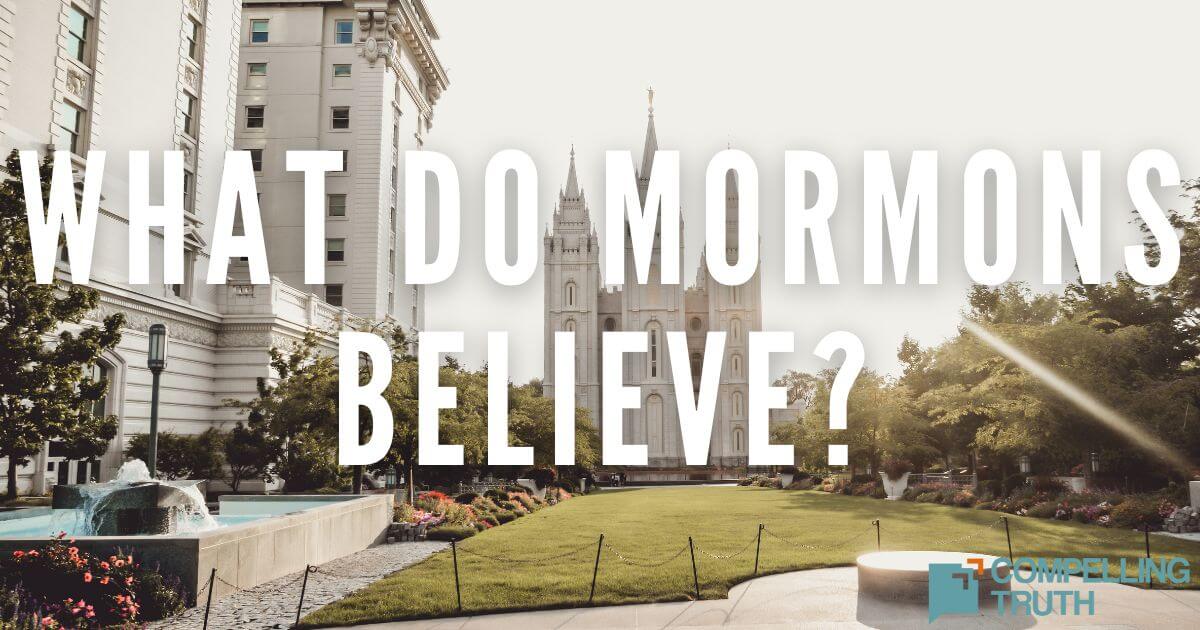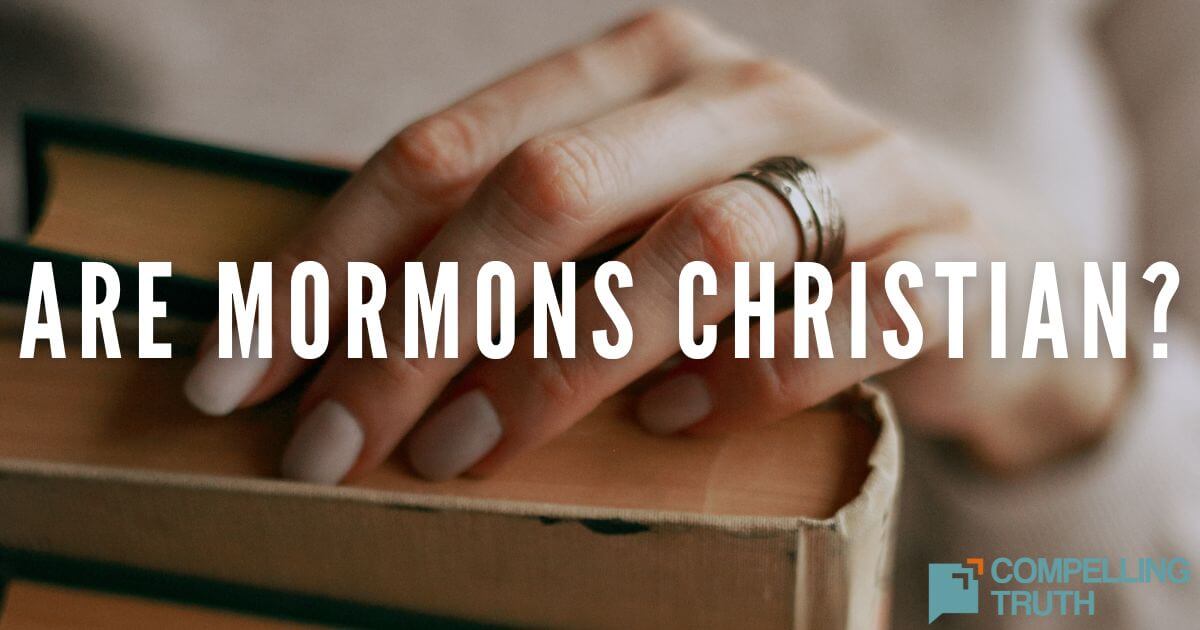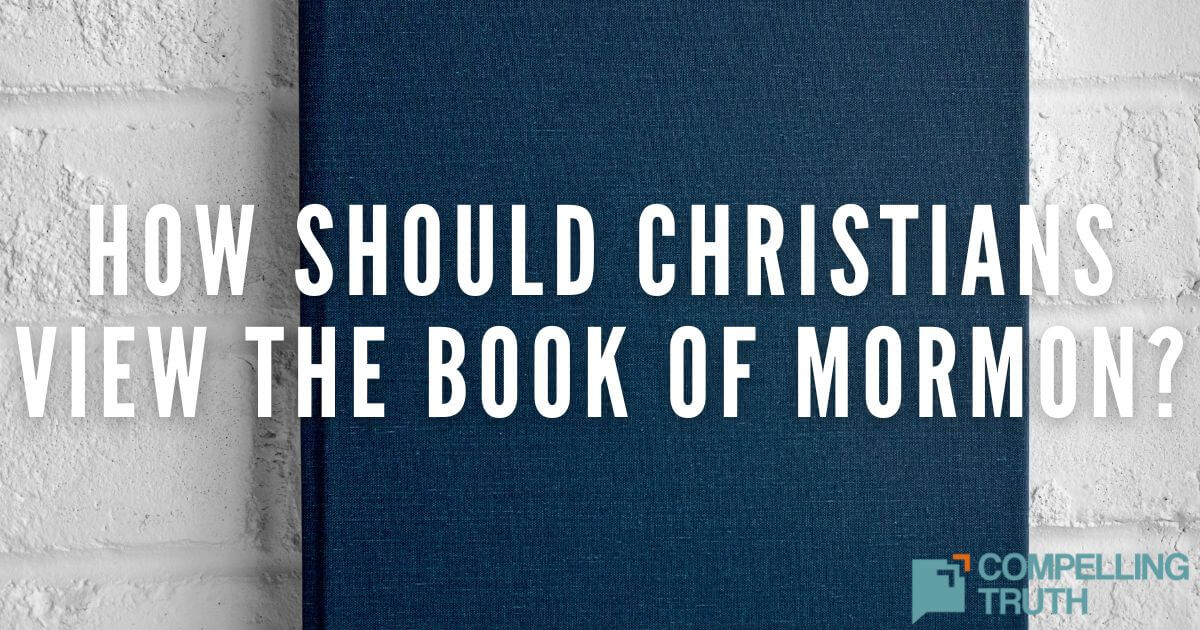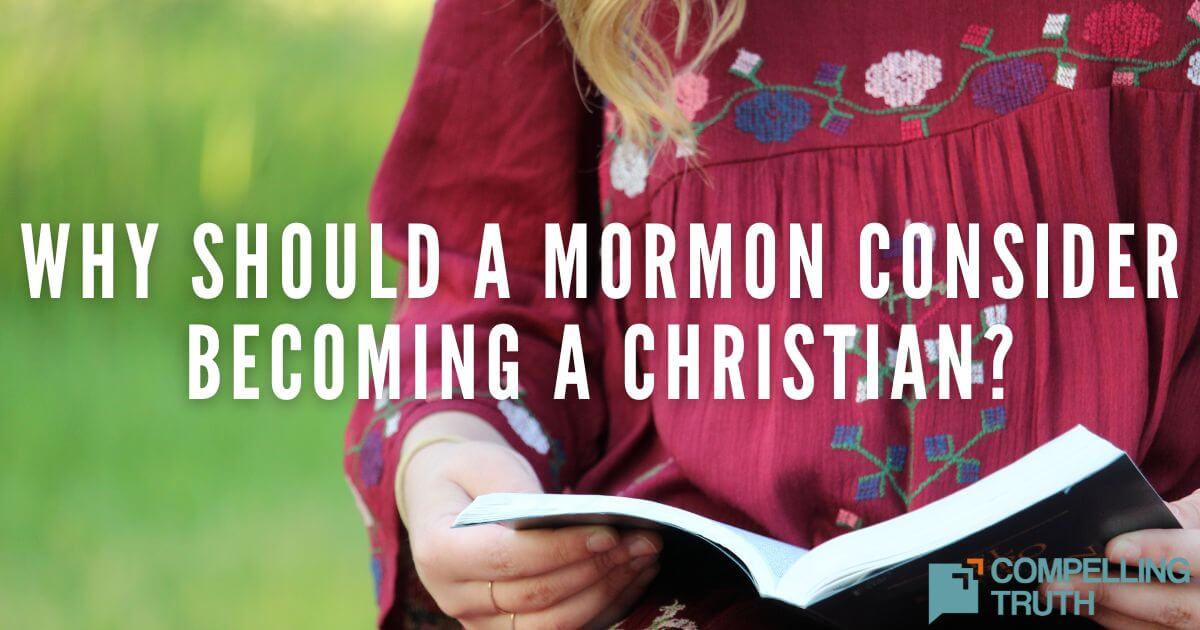The Bible is clear that salvation comes by grace through faith in Jesus Christ alone, not by works or adherence to religious ordinances (Ephesians 2:8–9). Mormons believe that salvation is a combination of faith and works, striving for perfection to attain exaltation. Christians, however, recognize that human efforts are insufficient to save and that Jesus’s sacrifice on the cross is the only means of forgiveness and eternal life (Romans 3:23; Titus 3:5). While Mormons use biblical terminology, their definitions differ significantly. They view God as an exalted man, Jesus as a created being, and salvation as dependent on works. Christians believe in one eternal, unchanging God, Jesus as fully God and fully man, and salvation as a free gift received by faith.
Witnessing to Mormons requires patience, love, and a clear understanding of biblical truth. While their beliefs differ greatly from Christianity, many Mormons are sincere in their desire to follow God and are open to hearing the gospel when approached respectfully. As Christians, we must rely on the Holy Spirit for wisdom and boldness, entrusting the results to God. Pray for guidance, share the gospel with gentleness and respect, and trust that God’s Word will not return void (Isaiah 55:11).
Below are a few things to keep in mind when witnessing to Mormons:
Mormons believe in the Book of Mormon, the Doctrine and Covenants, and the Pearl of Great Price in addition to the Bible. They believe in a modern prophet, currently the President of The Church of Jesus Christ of Latter-day Saints (LDS), and that salvation is a process that involves both faith and works. While Mormons do respect the Bible, they believe it is only accurate inasmuch as it is translated correctly. When witnessing to Mormons, we need to emphasize that the Bible is the final authority on truth and that it clearly teaches salvation through faith in Jesus Christ alone (Ephesians 2:8–9). You can discuss key biblical verses like John 14:6, where Jesus says, "I am the way, the truth, and the life. No one comes to the Father except through me." This is a direct challenge to the LDS belief in additional paths to salvation.
Mormons have a polytheistic view of God, believing God the Father, Jesus Christ, and the Holy Ghost are three separate beings, unlike the Christian doctrine of the Trinity (God in three persons, yet one essence). When witnessing to Mormons, you can gently explain the biblical doctrine of the Trinity, which is foundational to understanding who Jesus truly is. You can focus on passages like John 1:1–14 and Colossians 1:15–17, which describe the full divinity of Jesus. Ask questions like, “What does it mean to you that Jesus is both fully God and fully man, and how does that change your understanding of salvation?”
The LDS Church teaches that salvation requires both faith in Jesus Christ and obedience to commandments, such as baptism, temple ordinances, and following the teachings of living prophets. When witnessing to Mormons, emphasize the sufficiency of Christ's sacrifice on the cross and that salvation is a gift of grace, not something we earn (Romans 6:23, Ephesians 2:8–9). Encourage them to consider that Jesus’s work on the cross is complete and that no additional works are needed for salvation. You can share your personal testimony of how the grace of God has impacted your life, stressing that salvation comes through faith alone, and is a free gift that cannot be earned (Titus 3:5).
The LDS Church places a strong emphasis on family, with the belief that families can be sealed for eternity in Mormon temples. This belief is central to their understanding of salvation and the afterlife. When witnessing to Mormons, acknowledge their commitment to family and eternal relationships, but explain that, according to the Bible, eternal life with God is a gift that comes through Jesus Christ (John 3:16; John 17:3). Emphasize that while family relationships are important, eternal life depends on the grace of God and faith in Christ, not on temple rituals or ordinances. Relationships will continue into eternity, but they will be different than they are here on earth. Eternity is about God and being in His presence forever with all those who love Him, too. Share the hope you have of eternal life through Jesus and ask them to consider how they view Jesus’s role in eternal life. Challenge them to see that faith in Christ, not rituals, brings the assurance of eternal life.
Mormons are taught to share their faith actively, and they will often invite you to join them in Bible studies or attend church services. When witnessing to Mormons, be respectful of their willingness to engage, but make it clear that you cannot support doctrines that contradict biblical Christianity. Politely decline invitations to attend LDS services and instead invite them to a Bible study or church service where the true gospel is preached. When talking with Mormons, always bring the conversation back to the gospel. Show them the difference between Mormon teachings and the gospel of Jesus Christ, focusing on Scripture as the final authority on truth.
To effectively witness to Mormons, it’s essential to emphasize the biblical understanding of salvation through grace, the identity of Jesus as fully God and fully man, and the sufficiency of Christ’s work on the cross. By building a relationship of trust, compassion, and respect, you can guide them to see the gospel in a way that challenges their beliefs while offering them the truth of eternal life through Jesus Christ alone. Sharing the gospel with Mormons requires prayerful reliance on the Holy Spirit to guide conversations and soften hearts as well as being willing to support a Mormon who leaves their faith. Leaving the Mormon church involves a lot of difficulty to leave it including being excommunicated, no longer being allowed in a temple or going to other religious services, and even abandonment by a person’s family. A Christian should be willing to walk alongside a Mormon processing through or leaving their faith, providing community and support. Pray regularly for wisdom, boldness, and opportunities to share the gospel. Pray that God would open their eyes to the truth of Christ and His work on the cross. Encourage prayer with them, showing them the power of a personal relationship with Jesus Christ and how He transforms lives.




